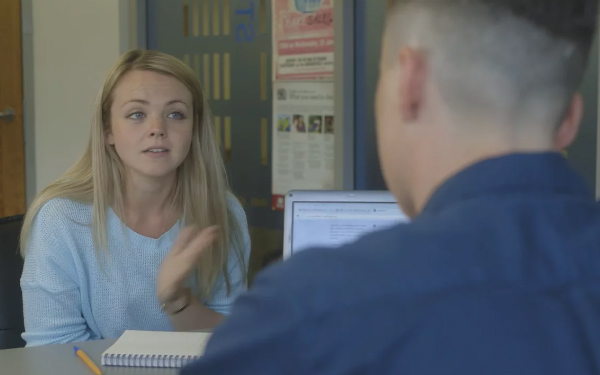
‘It helps me understand how I should do things, not just what I need to do.’
‘We discuss how emotions are affecting my decision-making’
‘I’m prompted to think about theory and research in relation to my work.’
How often are the above statements true of your supervision? Or are you just grateful if you have something resembling a regular session?
Most research into social work supervision has focused on how often practitioners have such meetings. And that’s clearly important when surveys and anecdotal accounts indicate some social workers don’t get regular supervision at all.
But as David Wilkins writes, there is a surprisingly small evidence base for how or indeed whether supervision supports good practice. That’s why Wilkins is engaged in a number of research projects into supervision and its impact. As part of this, in conjunction with Community Care, he is surveying social workers to find out what their supervision provides them with and the kind of discussions that take place in meeting rooms across the country.
You can take part and help improve understanding of what actually happens in supervision and what makes it effective. Share your experience in the brief survey which asks you to consider statements like the ones at the start of the article in relation to your own supervision. It’s completely anonymous and there are no personal questions. The questionnaire takes around eight minutes to complete.
This research is being carried out by Dr David Wilkins (University of Bedfordshire). If you have any questions, you can contact David directly: david.wilkins@beds.ac.uk or @david82wilkins. The findings from this survey will be shared via Community Care and in other ways in due course.
David’s research is focused on children and family social workers. Community Care is also interested in the supervision experiences of social workers practising with adults. You can complete our survey here, or get in touch by email.



 Bournemouth, Christchurch and Poole
Bournemouth, Christchurch and Poole  Hampshire County Council
Hampshire County Council  Lincolnshire County Council
Lincolnshire County Council  Norfolk County Council
Norfolk County Council  Northamptonshire Children’s Trust
Northamptonshire Children’s Trust  South Gloucestershire Council
South Gloucestershire Council  Wiltshire Council
Wiltshire Council  Wokingham Borough Council
Wokingham Borough Council  Children and young people with SEND are ‘valued and prioritised’ in Wiltshire, find inspectors
Children and young people with SEND are ‘valued and prioritised’ in Wiltshire, find inspectors  How specialist refugee teams benefit young people and social workers
How specialist refugee teams benefit young people and social workers  Podcast: returning to social work after becoming a first-time parent
Podcast: returning to social work after becoming a first-time parent  Podcast: would you work for an inadequate-rated service?
Podcast: would you work for an inadequate-rated service?  Family help: one local authority’s experience of the model
Family help: one local authority’s experience of the model  Workforce Insights – showcasing a selection of the sector’s top recruiters
Workforce Insights – showcasing a selection of the sector’s top recruiters 

 Facebook
Facebook X
X LinkedIn
LinkedIn Instagram
Instagram
Nothing
The purpose of supervision is to allow managers to bully staff without any witnesses…